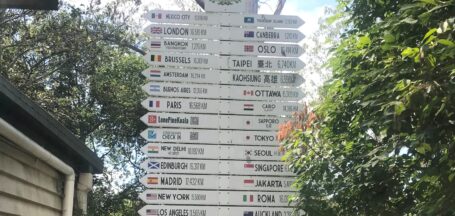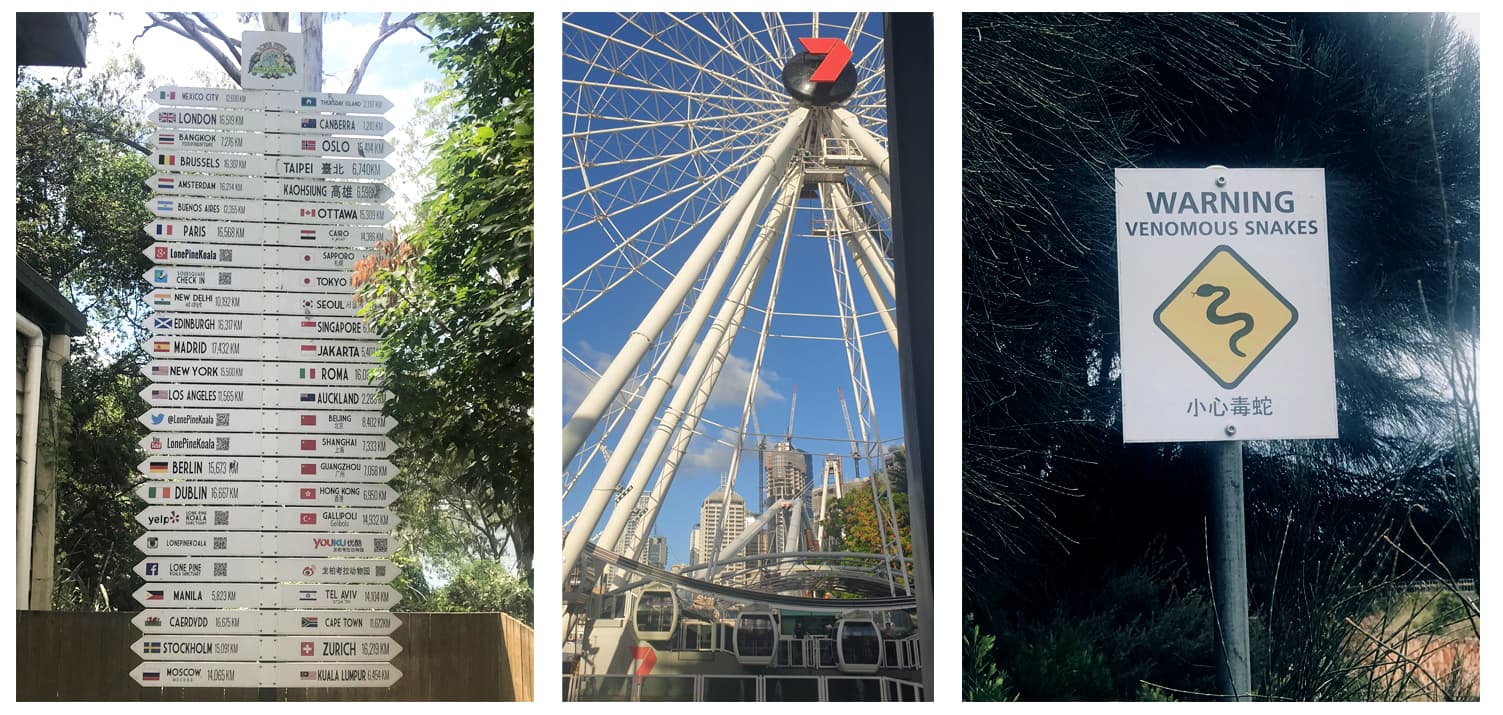Adaptability enables us to see change as positive. It will give us the possibility to examine how we currently respond to disruptive change. And with a family world travel, there is a large number of different ways that challenge it. Traveling is definitely a good way to train it!
From my experience, as I started visiting South East Asia, I remember food as the one first thing I had to adapt to: tasting new flavors on every single meal and not just for a couple of days!
So in Asia and later continuing the journey in Oceania, I started to realise so many other things, sometimes even small details, that affected my daily routine which I had to adapt to.
Connecting with other people is the major of them: from knowing how to enter a room to introduce ourselves as a guest, or to ask a question to a passerby, or thank for the help when receiving directions. These may sound like small things but all of them are somehow different in a new environment. I got used to the “How are you doing today?” from entering a shop in Aussi or joining my hands and bending while leaving someone’s house in Thailand.
All this made me realize that being careful with gestures and words is a sign to show respect for the culture you are visiting.
Pushing ourselves out of our comfort zone means adaptability regarding the accommodation: from when and how to book a guesthouse, to where and what it will be depending on your budget of course.
In our family, I’m the only one being a planner, so my challenge here was to refrain to plan everything, at least not much ahead. We had agreed on the motto: “Just see what’s available on the spot”, as we wanted to keep the trip quite flexible. So we ended up using different apps that local people suggested, choosing different locations than previously imagined, and listening to people’s advice to follow our journey. The same was with transportation, because depending on the country where we were, we had to make very different choices, including trying new things such as a slow boat in Laos or a night bus to cross the borders with Vietnam.
They say that adaptable people are prone to think ahead, break habits and consistently focus on improvement.
So to train our adaptability, as I could experience through all of these examples, we have to bring about communication skills.
I was ready to challenge myself and considering I am a communication manager, I left quite confident. Yet, my ways to communicate ended up not working at all times. There are multiple reasons: sometimes I got tired of re-repeating, at other times I was unwilling to translate, on other occasions, I was in a hurry, and listening implied time which I could not allocate, and, in some situations, I felt unheard.
“Learning and unlearning, questioning yourself and others” is now my mantra.
I am not looking for perfection and believe we never have the full recipe for something to work well on every occasion. Fair enough. But we can do our best, train, and improve each time – as much as we can.
“It is not the strongest of the species that survives, nor the most intelligent. It is the one that is most adaptable to change,” said Charles Darwin.


